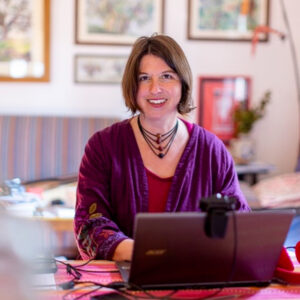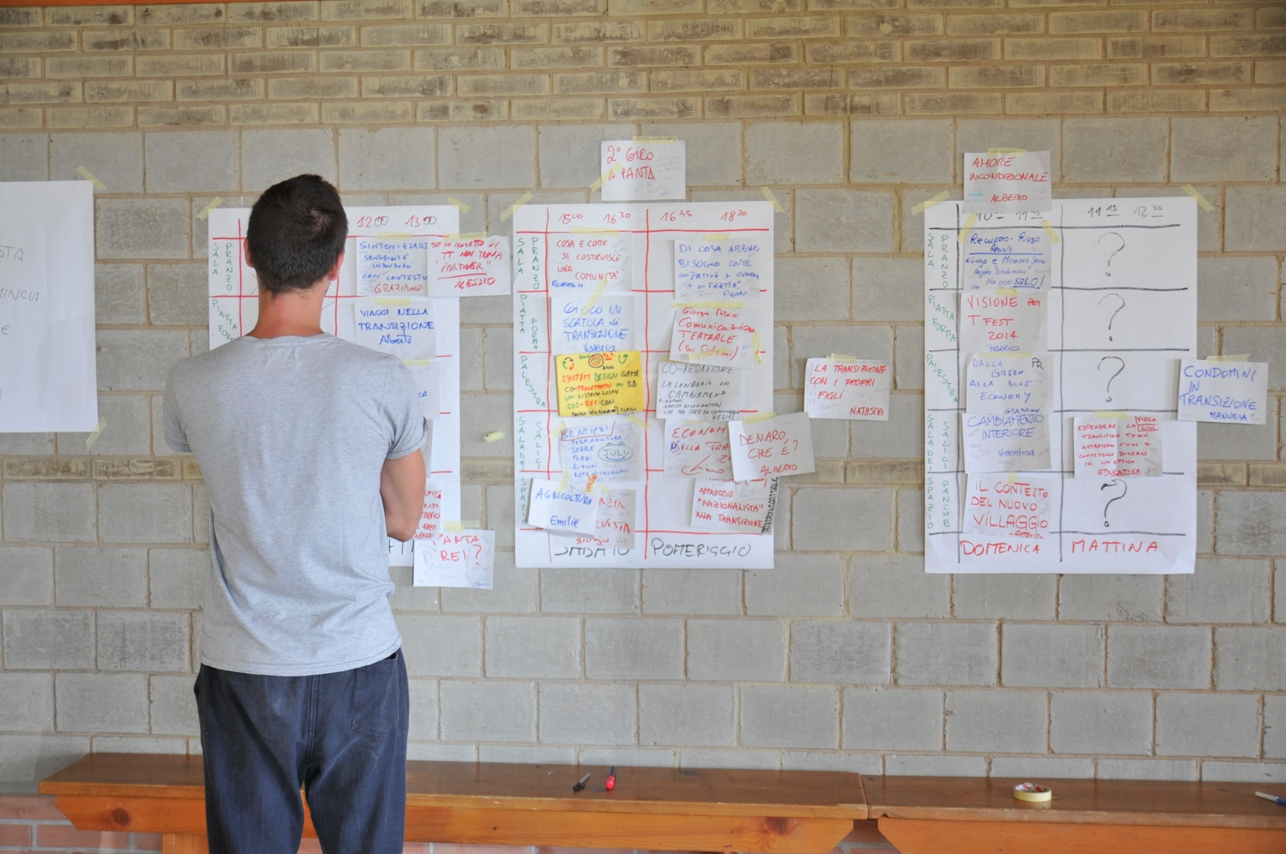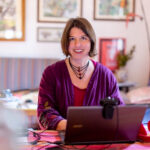Open Space Technology session
Tap into collective intelligence with this celebrated methodology in which participants co-create their own agenda.
Created by Deborah Rim Moiso – SessionLab


Tap into collective intelligence with this celebrated methodology in which participants co-create their own agenda.
Created by Deborah Rim Moiso – SessionLab


One of the famous stories about Open Space Technology (OST) states that it was designed in response to the comment that “Everything important happens in the coffee breaks”.
In Open Space, events begin with a blank, open agenda. Spaces (tables or breakout rooms) are set up, and timings allotted, but there are no topics nor speakers in the schedule. The day is designed together by participants, who offer to “host” sessions on anything they want to. Open space harnesses people’s passion, responsibility and creativity, often in unexpected ways.
OST sessions are ideal to:
The session template is for a one-day event. To adapt to multiple days, just continue adding sessions. Get the whole group together at the beginning of the day to add new topics and/or re-arrange the day’s sessions. Reconvene a plenary at the end of the day to align and share insights.
Facilitators working with Open Space Technology usually hang up posters reminding everyone of the rules and principles of this methodology. Save time and look extra-professional with our custom design: download SessionLab’s set of OST posters from here.
One of the exciting things about taking part in an OST event is that all participants are sent an Instant Report of all discussions. This is usually done by collating minutes from each discussion table; minutes can be taken by participants or, if you have a facilitation team, you can assign a minute-taker for each table. SessionLab has a ready-to-use Instant Report template, which facilitators can customize with titles, pictures and logos to help get their Open Space event started!
OST truly empowers participants to shape the event, agenda and output. Facilitators should be aware of this and discuss carefully with the convenor/client their expectations for the session.
Open Space Technology has unpredictable results and outcomes and should not be your choice if outcomes and decisions are already predetermined in full or in part. In the ladder of participation it enables co-creating and empowering and should not be used if the convener (e.g. management or a public administration) is not truly interested in following-up on collective decisions or next steps.
Harrison Owen, who codified Open Space Technology in the 1980s, is famously quoted for saying that it can be facilitated by “anyone with a good mind and a good heart”.If you enjoy an interplay of structure and chaos, you will love Open Space. In order to successfully facilitate OST it certainly helps to have taken part in one at least once, so that you may have the experience of being a participant, with all the thrill, responsibility and occasional disorientation it causes.
This method requires facilitators to be very visible and prominent at the beginning, then gradually disappear into the background. Prepare and rehearse your opening, as there is a lot to say there. Trust the group, and trust the process.
The textbook for leading Open Space sessions is “Open Space Technology – A User’s Guide” by Harrison Owen.

Deborah Rim Moiso
Deborah Rim Moiso is an Endorsed Facilitator with the IAF and the current co-chair of the Italian IAF Chapter. She is also a content writer for SessionLab and a published author of a manual+deck of cards on facilitation available in Italian (Facilitiamoci! Prendersi cura di gruppi e comunità). She has been working with groups since 2009, particularly in the fields of climate activism, innovation in education, and participatory citizenship.
Open Space Technology is her favorite methodology, on and offline. She has used OST with political parties in municipalities to shape their platform, with citizen-led NGOs, with youth during academic programs on climate leadership, and to design a series of 3-day festivals, including a co-training event for facilitators!
Join the 150,000 facilitators using SessionLab